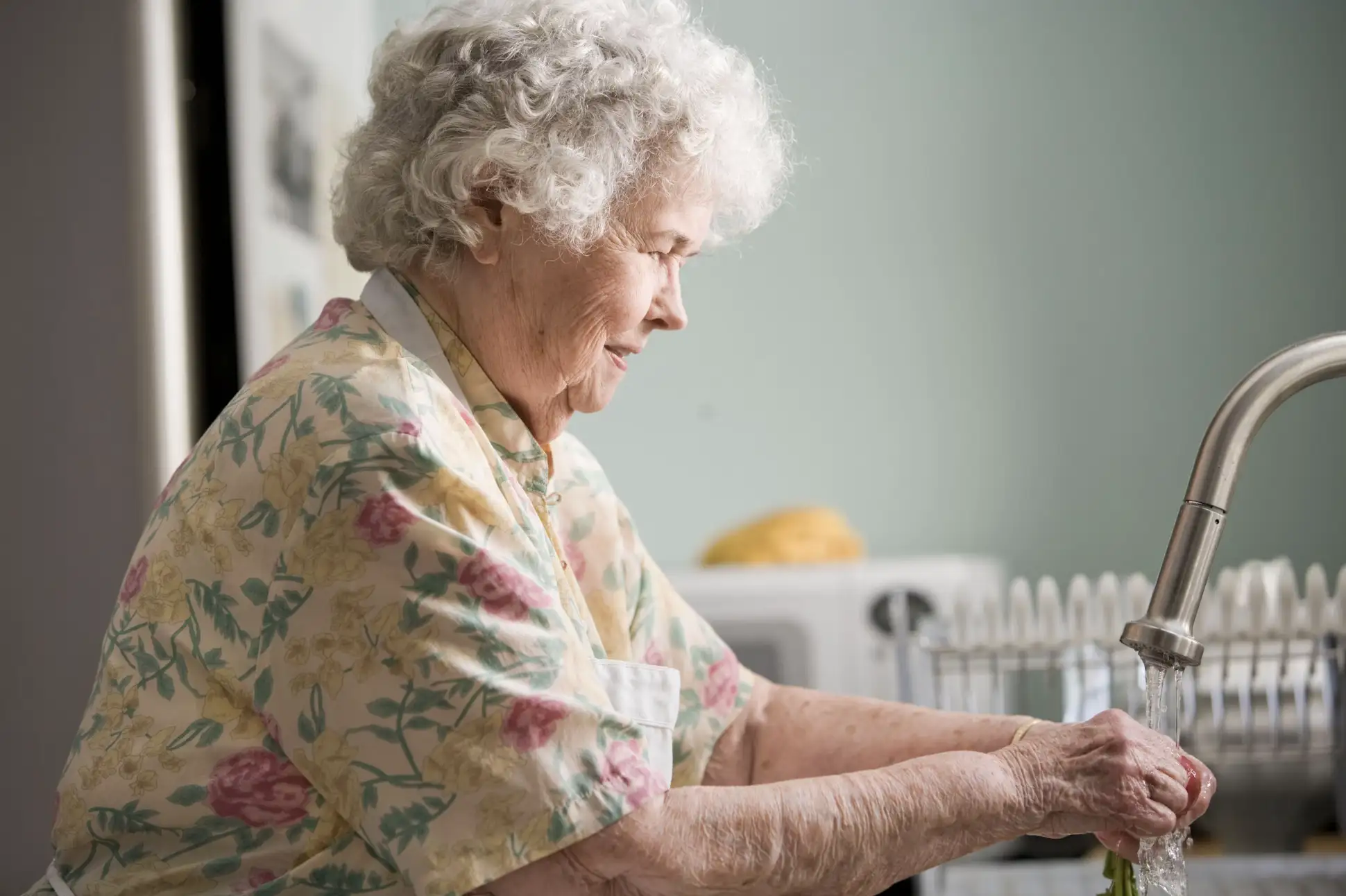One of the biggest fears when considering aged care is having to sell the family home. It’s a place of memories, security, and identity. The good news is that you often don’t have to. This guide provides a clear, step-by-step path to understanding your options for paying for care without selling your house.
We’ll walk you through how the government assesses your home, the key exemptions that can protect it, and what it means for your finances, based on official information from Services Australia and My Aged Care.
Can They Really Make Me Sell My House for Aged Care?
The short answer is no, the government cannot force you to sell your home. However, whether your home is counted as an asset in the aged care means test can significantly affect the fees you pay. Understanding the rules is the key to keeping your home and still getting the care you need.
A Step-by-Step Guide to Keeping Your Home
Navigating the system can be complex, but it can be broken down into manageable steps.
Step 1: Understand How Your Home is Assessed (The Means Test)
The government uses a means test to determine how much you should contribute to your aged care costs. It assesses your income and your assets. Your home is your most significant asset, but it is not always counted.
Step 2: Check if Your Home is an Exempt Asset
In many common situations, your family home is considered an ‘exempt asset’ and is not included in the means test. The most important factor is whether someone is still living there. According to Services Australia, your home will not be included in the assets test if, when you enter care, it is occupied by a ‘protected person’. This includes your spouse or partner.
Step 3: Consider Renting Out Your Home
If no one is living in your home, you could rent it out to help pay for your accommodation costs. The rental income you receive will be part of the income test. However, if you pay your aged care accommodation costs by a daily payment (DAP), the home may remain exempt from the assets test.
Step 4: Apply for Financial Hardship Assistance
If you are still having trouble paying your fees after all other options have been explored, you can apply for financial hardship assistance. This is a safety net to ensure people can access care when they need it.
Demystifying the Details: How the Family Home is Treated
Your personal situation determines how your home is treated in the assets test. Here are the most common scenarios based on official government rules:
| Your Situation | How Your Home is Assessed in the Means Test |
|---|---|
| Your spouse or partner remains in the home | Your home is exempt and not counted as an asset. |
| A ‘protected person’ remains in the home | Your home is exempt and not counted as an asset. |
| You are single and move into care | The home is exempt for two years. After that, a capped value of the home is included in the asset test. As of 2025, this capped value is well below the market value of most homes. |
| You decide to rent out your home | The rental income is counted in the income test. The home itself may still be exempt from the assets test if you are paying for your care via a Daily Accommodation Payment (DAP). |
Frequently Asked Questions
What is a ‘protected person’?
A ‘protected person’ is someone who has lived in your home and receives an Australian government income support payment (like the Age Pension or Carer Payment). This includes:
- Your partner or spouse.
- A close relative who has lived in the home for the past 5 years.
- A carer who has lived in the home for the past 2 years.
What happens to my pension if I rent out my house?
Rental income is considered income by Services Australia and will be assessed as part of the Age Pension income test. This could reduce your pension payments. It’s important to get financial advice to understand the full impact.
Should I just give the house to my kids to avoid the fees?
This is generally not a good strategy. Services Australia has strict ‘gifting’ rules. If you give away assets, including your home, to reduce your aged care costs, they may still be counted in your assets test for up to 5 years. This is known as a ‘deprived asset’.
At MD Home Care, we believe that everyone deserves to feel secure and supported as they age. Understanding your financial options is a critical part of that peace of mind.
If you have questions about structuring your finances for home care or need help navigating the system, contact MD Home Care today for a confidential discussion about your needs.
